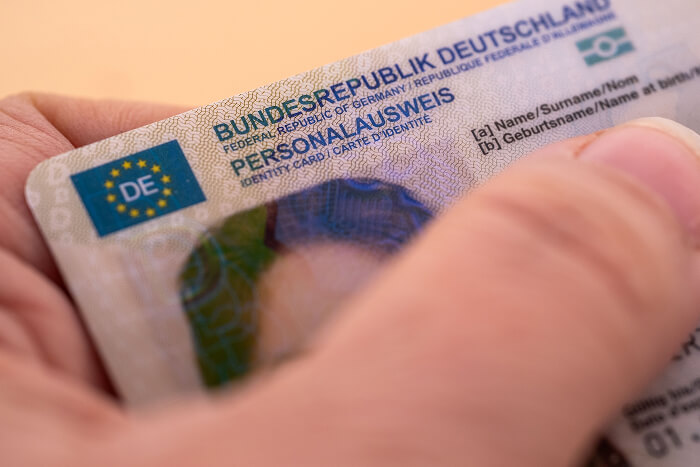Comparing Golden Visa, naturalization, and repatriation paths to EU citizenship
Gaining access to the European Union through legal residency or nationality programs remains a priority for many individuals seeking stability, economic opportunities, or personal freedom. There are several established routes to obtaining citizenship within the EU, each differing in eligibility criteria, timeframes, and legal requirements. Among them, investment-based residency, long-term naturalization, and repatriation programs offer distinct advantages and challenges.
The choice between these options largely depends on an applicant’s background, financial resources, and how quickly they wish to secure citizenship. While some routes require extended periods of residence, others rely on ancestry-based claims or significant economic contributions. This article provides an expert analysis of the Golden Visa route, the standard naturalization process, and nationality acquisition through repatriation, comparing their benefits, limitations, and suitability for different applicants.

Golden Visa: a fast-track route to residency and citizenship
For individuals seeking a direct and structured path to citizenship in the EU, investment-based programs offer a compelling solution. The Golden Visa framework allows non-EU nationals to gain residency (and later citizenship) by making substantial financial contributions, typically through real estate acquisitions, business investments, or government bonds.
In Portugal, a real estate investment of at least €500,000 or a lower amount in urban regeneration projects can lead to nationality after five years of living in the country. Greece provides more affordable residence option, granting the right to stay there for 5 years for a €250,000 property purchase, although a longer period is required for naturalization (7 years). Both programs offer access to EU markets, business opportunities, and visa-free travel within the Schengen Zone.
Repatriation-based citizenship: a shortcut for those with EU grounds
For individuals with ancestral ties to an EU state, repatriation programs provide a more direct route to citizenship. These programs allow applicants to reclaim nationality based on descent, ethnicity, or historical migration patterns. Many countries streamline repatriation by reducing residency requirements or waiving language and civic knowledge tests.
Hungary grants citizenship to those who can prove Hungarian ancestry and demonstrate basic speaking skills, often within a matter of 6-12 months. Romania allows individuals with documented family ties to former Romanian territories to apply for citizenship without any language proficiency test. Compared to other methods, repatriation provides a faster and less restrictive way to secure legal status within the EU.
Naturalization in the EU: the standard route to citizenship
For most foreign nationals, naturalization remains the primary legal process for acquiring citizenship in the EU. Unlike repatriation, which is based on ancestral ties, it focuses on an individual’s commitment to a country through residence and cultural adaptation.
Each EU member state sets its own criteria. In Germany, applicants must live in the country for at least eight years, prove financial independence, and renounce previous nationalities unless dual citizenship is permitted. France offers a slightly shorter timeline, requiring five years of residency, along with evidence of social and economic integration.

Final thoughts: finding the right EU citizenship program for you
Selecting the most suitable pathway to citizenship in the EU depends on individual circumstances, legal eligibility, and long-term objectives. Some may find investment-based residency appealing, while others prefer the structured route of naturalization. Those with ancestral ties might consider repatriation, which can offer a more efficient process compared to standard residency-based options.
